
So, goodbye then 2020, and good riddance. Thanks to Coronavirus this has been the worst year in the history of British hillgoing, ever, far eclipsing the Foot and Mouth outbreak of 2001 in terms of its impact on everyone's outdoor lives.
Of course there are bigger concerns, but it's still worth pausing to recognise that the months of lockdown and travel limits made this a frustrating year for walkers and climbers. Meanwhile tourism in upland areas, and the outdoor industry, have both taken a huge hit, impacting on lives and livelihoods. Since early spring the virus has been the backdrop against which all our hillgoing decisions are made, and of course we're not out of the woods yet. The question of what we can do on the hills, where, and with whom, will continue to be asked so long as restrictions persist at a national or local level.
We've mostly had to make the best of things close to home, and that hasn't been all bad:
But at the same time, and quite unexpectedly, 2020 turned out to be a bumper year for British hill running, with a rich crop of new records - mainly packed into those precious few months of comparative freedom and normality over the summer. It's rather as if a cork was suddenly let out of a bottle, as people relieved the pent-up frustration of lockdown and felt the benefit of all that fitness gained from hours of local running. Deprived of the usual calendar of races and events, many eyes turned to personal challenges such as the big hill rounds.
Back in the summer we spoke with three recent record breakers about what it takes to get a fast time on one of these big challenges: Math Roberts, who set an impressive new time on the Paddy Buckley Round; Finlay Wild, who's knocked 90 minutes from the Ramsay Round; and James Forrest, on the fastest self-supported backpacking circuit of the Wainwrights:
Also during 2020, British mountaineering lost three of its towering figures, with the deaths of Joe Brown, Hamish MacInnes and Doug Scott.
Quite the rollercoaster, this year... Here's hoping for a little more stability in 2021.
January - John Kelly wins the Montane Spine Race
The Montane Spine Race covers all 268 miles of the Pennine Way, starting in Edale and ending in Kirk Yetholm. Taking place in mid January, it is notorious for adverse weather, and this year was no exception, with Storm Brendan blowing its way across the country throughout the first few days of the event.
An exciting few days of dot watching culminated in a gripping finale, as two of the main contenders - Jayson Cavill and Eugenie Rosello Sole - dropped out due to injury. In the end it was one man's race to lose, with John Kelly looking dominant throughout, eventually finishing in 87:53:57. Despite John taking a healthy chunk off the Men's record, Jasmin Paris' outright record from 2019 remains unbeaten - a testament to her form during last year's event.
January - Damian Hall breaks the Winter Paddy Buckley Record
On Wednesday 29th January Damian Hall successfully completed a Winter Paddy Buckley Round in a time of 21:20:30, beating the previous record of 21:37, held by Jim Mann. What makes the achievement all the more impressive is that Damian completed the round in a solo/unsupported style, and with snow on the ground, making it a true winter round.
The Paddy Buckley Round takes in a large proportion of the major peaks in northern Snowdonia, with five legs covering Snowdon, the Glyderau, the Carneddau, the Moelwynion, and Hebog/Nantlle. It is considered a step up from the Bob Graham, thanks to its greater ascent (a massive 8700m) and rougher terrain. Add snow to the mix, and and you've got a true challenge.
We caught up with Damian for an interview here:
February - New women's network aims to improve female access to the outdoors
A new research network is launched, to look at factors that affect female experiences of running, walking and climbing in the British hills. The result will be a set of recommended measures to improve women's access to outdoor leisure and the uplands.
A recent study estimated that only 35% of participants in general outdoor activities, and 20% in mountain sports, are female. To that we can add the fact that just 13% of respondents in the latest UKC/UKH Reader Survey identified as female. The inclusion of women's voices in cultural accounts is similarly muted: nature writing anthologies and outdoor journalism, for instance, are still male-dominated.
"In my experience, most women downplay or underestimate what they are capable of" explained running guide Keri Wallace, one of the people behind the initiative.
"We are the product of generations of repressed women and we're cautious. But we don't need treating with kid gloves. The women I meet have real determination and a tendency to want to do things thoroughly. It seems to me that women are less likely to just have a go, to serve an apprenticeship built on trial and error."
- For more information, see womeninthehills.co.uk or via Twitter @WomenInTheHills
March - First female president for Ramblers Scotland
Well-known blogger and mountain leader Lucy Wallace becomes the first woman president of Ramblers Scotland:
Lucy hopes to use her presidency to encourage more people to appreciate Scotland's landscapes and world-class access rights - and to enjoy the health and social benefits of adventures on foot.
"It will be a huge honour to become Ramblers Scotland's first female president" she said, "and I hope to be the first of many. So many women enjoy Scotland's outdoors, yet there is a distinct lack of female voices in prominent positions."
March - May COVID-19 Hits
The outdoor world goes topsy-turvy when the global pandemic starts affecting our little corner of the planet. In the grand scheme of things our freedom to walk and climb is a niche concern, but nevertheless there's no denying the importance of hills in our lives, and the restrictions came as a blow to a community that is used to enjoying the freedom of the outdoors.
In a rapidly developing situation, and faced with a succession of official responses and often contradictory or unclear messaging, it is hard to keep abreast of the rules and their implication for walkers and climbers. Can we carry on hillwalking, and with whom? And where? Many begin to scale back on higher risk pursuits, in order not to risk putting unnecessary pressure on the NHS and rescue teams. Some choose to preempt the inevitable lockdown, by curtailing all climbing and hillwalking altogether.
Having wrestled with the issue ourselves, on 23rd March we state in an editorial that we believe all climbing should stop:
In a televised address later that day, Boris Johnson ushers in new strict rules applicable to the entire UK: we are instructed to stay at home, except for certain "very limited purposes", which in England initially include only one form of outdoor exercise per day. Though it's quickly clear that this latter stipulation is both legally and practically unenforceable, the net result is that most of the population is barred from most of the countryside.
April and May - Lockdown begins to grate, as we all make efforts to stay sane
Britain becomes a nation of strolls around the park, and local runs. Denied our usual fixes, and with most of us complying with the general injunction not go looking for loopholes on the crags and hills, the outdoor community resorts to camping in the garden, and climbing the stairs hundreds of times.
On the upside, many come to a newfound appreciation of our local areas, and the small scale solace of nature on our doorsteps.
And over springtime, a lot of folk use the restrictions as an opportunity to work on something they are actually permitted to do, concentrating on building fitness for a time when we're allowed back out to play further afield:
May and June - Relaxation of the rules comes with its own issues
Denied foreign holidays and the usual indoor/urban haunts, large numbers of the British public turn to the countryside. A massive nationwide rediscovery of the outdoors is in may ways to be welcomed, but inevitably comes with issues around litter, crowding, and a sense of rural communities under siege. The limits of public awareness of how to behave responsibly in the outdoors are painfully obvious - a result, many say, of inadequate education on the subject, coupled with a run-down infrastructure that's simply inadequate to cope with a surge in demand.
April - Joe Brown dies
Climbing and Mountaineering legend Joe Brown sadly passes away at his home in Llanberis, aged 89. Joe was a true pioneer of rock climbing and was most active in the 1950s and 1960s. His ascents were as varied in style as they were in location and ranged from the gritstone outcrops of the Peak District, to 8000m peaks in the Himalaya.
Here's a musical tribute to Joe by his friend Dennis Gray:
June - Mountain Hares gain protected status in Scotland
A rare conservation good news story, when the Scottish Parliament vote to give mountain hares special protection under the Wildlife and Countryside Act. Gamekeepers on grouse moors will no longer be able to carry out mass culls, thought to be responsible for up to 25,000 deaths each year. In Scotland it will now be an offence to kill mountain hares without a licence.
June - Black Lives Matter takes off worldwide
A groundswell of feeling against racial inequality builds into a movement that makes headlines around the world. Is it a passing moment in time, or a building block for and lasting future progress? It's way outside our remit to speculate about the big picture, but climbing and hillwalking do not take place in a vacuum, and we can certainly look closer to home.
The outdoor community in the UK is not known for its racial or cultural diversity, and it's arguably beyond time that we actively discuss the ways in which systemic racism, individual biases, cultural norms and barriers to participation have shaped the outdoor and adventure spaces we inhabit.
"If you're not seeing people like yourself being represented in the outdoors, outdoor media and brands, then you're going to feel it's not for you" says Zahrah Mahmood, the 'Hillwalking Hijabi' in an interview in June:
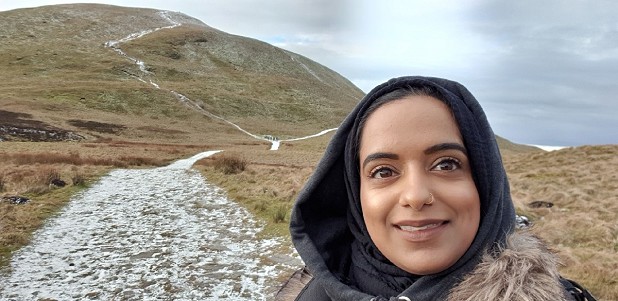
July - Kim Collison breaks Lakes 24-hour Record
Lake District-based ultra runner Kim Collison marks the summer resumption of hill running challenges by breaking a record that had stood for 23 years - the Lakes 24-hour. The aim here is to reach the greatest number of 2000ft peaks within 24 hours, and Kim ticks off 78 peaks over a distance of 145km, with 11,750m of ascent in 23 hours and 45 minutes, beating Mark Hartell's 1997 record by 1 peak.
July - Sabrina Verjee became the first woman to run the Wainwrights
More Lake District mountain running mayhem when Sabrina Verjee completes the legendary Wainwright Round of the Lake District fells in a single push, becoming the first woman to do so. The 39-year-old veterinary surgeon, based in Ambleside, visits all 214 Wainwright summits in 6 days, 17 hours and 51 minutes:
Sabrina initially set off with a schedule to try to beat Paul Tierney's 2019 record of 6 days, 6 hours, 5 minutes, and was initially up on schedule; but towards the end her pace really slowed.
'[T]hings were going well but a few days in and my right knee became agonisingly painful and swollen' she wrote on the Fell Runners UK Facebook group, 'I needed assistance down Clough Head to the Old Coach Road – I had to lean on little Dave to take the weight off. At this point I realised that I was not going to be on a record pace and that it was going to be a struggle just to finish but I was committed to finish.'
July - The Pennine Way Fastest Known Time Saga
Around the middle of the month, John Kelly returns to the Pennine Way fray by recording the fastest known time for the 268-mile route, breaking a record that had stood since 1989 with with a time of 2 days, 16 hours and 46 minutes:
If anyone thought this would be the last word on the PW for a while, they soon have another think coming, when Damian Hall sets a new record for the second time in the space of two weeks. Hall runs the route in a time of just 2 days, 13 hours and 34 minutes, knocking over three hours from Kelly's time:
A veteran of the Pennine Way, Damian hiked the route in 2011 and subsequently wrote a guidebook on the trail. He has completed the Spine Race twice – the notorious race along the PW which takes part in gruelling winter conditions.
August - New Ramsay Round Record for Finlay Wild
Hill running machine Finlay Wild sets a blistering new time of 14 hours 42 minutes 40 seconds on the Ramsay Round - which takes in 24 major peaks including (among others) Ben Nevis, the Aonachs, Grey Corries and Mamores - breaking the previous record by a considerable margin.
the big rounds are often run with a team of supporters and pacers, but Lochaber-based runner and GP Wild - record holder for the Cuillin Ridge, Tranter's Round, the Welsh 3000s, and multiple times winner of the annual Ben Nevis Race - runs the Ramsay solo and unsupported.
August - John Kelly completes the Grand Round
John Kelly is at it again, creating a staggering new record by completing his Grand Round project, in a total time of 5 days, 10 hours and 43 minutes (130:43).
The Grand Round links all three of the UK's big fell running rounds - the Paddy Buckley Round in Wales, the Bob Graham Round in the Lake District and the Charlie Ramsay Round in the Scottish Highlands – consecutively, and connected by bike. Over the route Kelly puts in roughly 185 miles of running with 84,000 feet of elevation gain over 113 summits, plus over 400 miles of cycling.
August - Women's Cuillin Ridge Traverse record for Kelli Roberts
On a horrendously hot day in August, Kelli Roberts breaks the women's fastest known time on the Cuillin Ridge Traverse. The Ambleside-based British Fell Running Champion combines her climbing skills and running ability to complete the ridge in a time of 5:56:46.
Despite her incredible time, Kelli says it's a learning process and wants to have another bash - next time setting off earlier and taking more water!
September - Donnie Campbell smashes the Munro Record
Starting the month with a bang, Donnie Campbell completes a full Munro round in a record time of 31 days, 23 hours and 2 minutes, knocking about one week from Stephen Pyke's 2010 record of 39 days, 9 hours and 6 minutes. Running the 282 hills, and cycling and kayaking between them, he began his self-powered round on the Isle of Mull and finished at Ben Hope.
— Donnie Campbell (@GetActiveRunnin) September 2, 2020
In an extraordinary feat of endurance, Donnie largely kept to his punishing schedule throughout, but with the end in sight, he went for broke. Slioch, Fisherfield and An Teallach would be considered a huge day out in anyone's books, but not content with this haul on Sunday 30th August, Donnie started up the Fannaichs and pulled an all-nighter! He finished on Ben Wyvis at 4am on the morning of 31st, before being up promptly to continue onto Am Faochagach. On this stint alone, he ticked off 18 Munros, describing it simply as 'a big day!'.
From this point on he had little sleep. He ticked off the penultimate Munro, Ben Klibreck, at 12:45am, and was back in the saddle at around 2am for the journey up to the final hill, Ben Hope. He completed his Munro Round on the last peak at 05:02am, after a truly inspiring sprint to the finish.
Donnie's phenomenal time has thrown down the gauntlet, and a one-month round is now likely to prove a tempting target for future runners. But it would clearly take an extraordinary effort.
September - Langdale skyline lights up at night
Mass fell-illuminating charity events may have become quite common in the Lake District over the past few years, but one of the more photogenic ones took place in September, when Langdale Ambleside Mountain Rescue Team lit up the iconic Langdale Pikes to celebrate the team's half century.
September - Sabrina Verjee sets Women's FKT on the Pennine Way
Not content with her Wainwrights achievement, Verjee is at it again, setting the fastest known female time for a completion of the Pennine Way. Beating her own women's FKT, she runs the route in a time of 74 hours 28 minutes and 46 seconds:
The 39-year-old endurance runner ran the 368 mile route from north to south (the reverse direction to that followed by the Spine Race, and many long distance walkers).
September - Carol Morgan breaks Women's Lakes 24-hour Record
More Lakeland fell running action, when Carol Morgan breaks the Women's Lakes 24-hour record, ticking off 65 peaks in the allotted 24-hour limit.
Carol follows a very similar route to the Bob Graham, but instead of heading back to Keswick from Newlands, 24-hour record aspirants head up to Scar Crags and cover the horseshoe round to Grasmoor. How far you get depends on time and energy levels. The previous female record holder was Nicky Spinks, who covered 64 peaks in 2011 in 23:15.
September - New 500m Hill List for Ireland
Keen hill baggers have cause to rejoice at news that a list of all Ireland's 500m 'Dodds' is finally published, having been 20 years in the making. "Ordnance Survey and OSI maps went metric many a year ago. But in the world of hill bagging, change can sometimes come slowly" say the list's co-authors Myrddyn Phillips and Michael Dewey.
October - South Wales Traverse Record for Damian Hall
Ultra-runner Damian Hall sets a new fastest known time on the South Wales Traverse, a 72-mile route that covers 31 summits and 18,000ft of ascent over the Brecon Beacons. The previous record-holder, Dan Doherty, ran a time of 14 hours and 18 minutes; Damian beats the record by just five minutes.
This tough South Wales achievement crowns a busy year for Hall, who'd already got the record for the winter Paddy Buckley in January, and the Pennine Way record in July.
October - West Highland Way turns 40
October sees the 40th anniversary of the opening of the West Highland Way. Scotland's original officially designated long distance trail, the 154km (96-mile) route has become hugely popular over the last four decades, attracting walkers from around the world.
Though it can be run in under 24 hours, the route is generally walked over 5-7 days, or longer if detours are made up the various Munros it passes.
Roughly 40,000 people walk the entire route every year, an influx of visitors that's thought to generate £5.5 million annually for the local economy.
Boasting varied scenery, from lowland to highland, and with highlights including Rannoch Moor, Glen Coe, Kinlochleven and Glen Nevis, all the stages of the route have their attractions. For both quality and challenge, we think Loch Lomondside is hard to better:
October - British Bob Graham Record Set
George Foster from Ambleside AC sets a new British record of 13 hours 44 minutes on the Bob Graham Round. It's the second fastest BGR after Kilian Jornet's time of 12hrs 52mins. Foster becomes the first Brit, and only the second person, to come in under Billy Bland's legendary time of 13hrs 53mins, the record that stood from 1982 until beaten by Jornet in 2018.
Awesome scenes in Keswick this evening as @g.run.foster charged down from the tops to record a blistering Bob Graham...
Posted by Tom McNally Photography on Sunday, 11 October 2020
November - Hamish MacInnes dies aged 90
Sad news from Glen Coe, when the death of Hamish MacInnes is announced. Widely renowned as one of the leading mountaineers of his generation, MacInnes made a huge impact on the climbing scene of the 1960s and 70s.
Alongside his climbing exploits, MacInnes was a keen inventor and played a pivotal role in driving progress in mountain rescue. He is credited with inventing the first all-metal ice axe, and a lightweight stretcher that is widely used around the world today.
MacInnes assisted in the founding of Glencoe Mountain Rescue Team, which he led for a number of years, and had a hand in setting up the Search and Rescue Dog Association, and the Scottish Avalanche Information Service.
November - 49,000 miles of 'lost' paths are found, while many people lack access to nature
Over 49,000 miles of historic paths are missing from official maps in England and Wales, say the Ramblers, following a mass 'citizen geography' project launched in February this year - part of their Don't Lose Your Way campaign - in which thousands of volunteers helped to find and record forgotten rights of way before they're lost for good.
While some of the 'missing' paths are still in use, others have become overgrown and unusable. What they all have in common is that they did not make it onto the official definitive maps that councils were required to draw up in the 1950s. Many of these paths could improve the existing network, say the Ramblers, creating new circular walking routes or connecting people more easily to local green spaces, nature and the countryside.
If they are not claimed for inclusion on the definitive map, the legal record of rights of way, by January 2026, the public risk losing these routes permanently. But if all were successfully claimed as rights of way, the missing paths would increase the path network in England and Wales by up to a third.
Reinstating such routes could prove a valuable way to help improve access to nature for communities currently cut off from it, at a time when we have never needed local green spaces more.
Access to parks and the countryside remains very unequal, with people of a lower income or from a BAME background far less able to easily reach green space, according to a report published by the Ramblers before the second wave of restrictions were introduced in England. Research conducted for the report The grass isn't greener for everyone: Why access to green space matters, found that green spaces are important to almost everyone, with the top reason being that they are a good place to walk (78%).
But only 57% of those questioned said that they lived within five minutes' walk of green space, be it a local park, nearby field or canal path. That figure fell to just 39% for people from a Black, Asian or Minority Ethnic (BAME) background, and 46% among all GB adults with a household income of under £15,000.
Compare this to 63% of those with a household income over £35,000, and 70% of those who earn over £70,000, and it's clear that we do not all enjoy equal opportunities to get outdoors.
Gemma Cantelo, Head of policy and advocacy for the Ramblers said:
"Walking in nature-filled green spaces makes us happier and healthier... The restrictions of lockdown have made us appreciate our green spaces more than ever, and many of us plan to continue walking more in the future, for our health and wellbeing as well as to get from A to B; but not everyone experienced lockdown equally.
"We need to build on this new momentum and learn the lessons highlighted by the pandemic – people want to visit green spaces on their doorstep where they can be active and enjoy the benefits of connecting with nature."
December - Doug Scott dies
Mountaineering and climbing legend Doug Scott passes away peacefully in his sleep at the age of 79, after a battle with cancer.
Scott made 45 expeditions to the greater ranges, where he summited 40 peaks. He pioneered new routes and will be remembered for pushing an alpine-style of ascent. His climbing career spanned six decades and included the first British ascent of the South-West face of Everest alongside Dougal Haston, where they spent a night bivvying 100m below the summit.
December - back in lockdown
A sense of deja-vu greets news that all parts of Britain are returning to tighter measures post-Christmas, in the face of a serious upsurge of the virus. The prospect of more weeks in lockdown is going to have a chilling effect on the winter hill season for all but a lucky minority based in mountain areas. But while this is wearily familiar ground, the fact that we've been through this before does at least mean that we know we can do so again. The year 2020 may have been a terrible trial for the world, and very frustrating for our small part of it in the British hillgoing community, but it is as a community that we will eventually get through the pandemic.
We would like to thank our readers, UKH Supporters, contributors, and the brands we work with, for their support through a difficult year.
Here's to some sunlit uplands in 2021 - we hope to see you out on the hills!

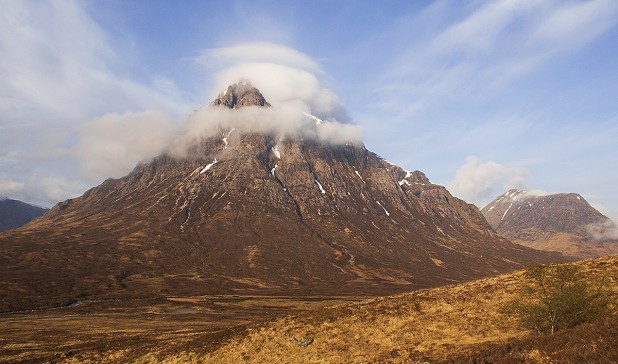
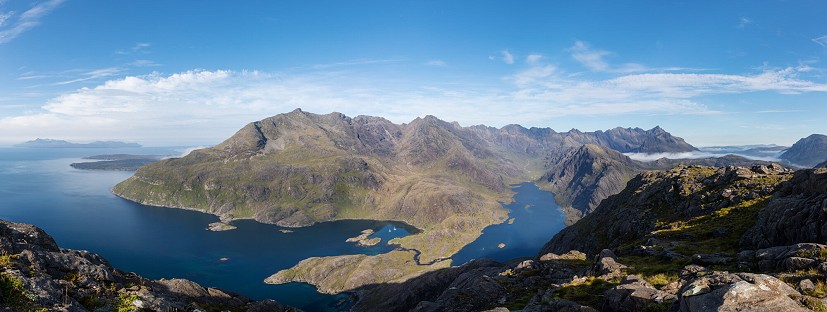
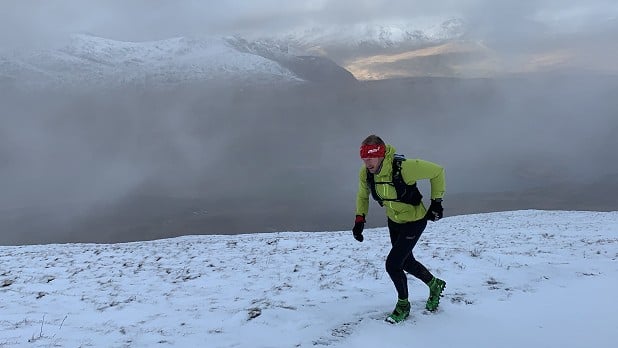
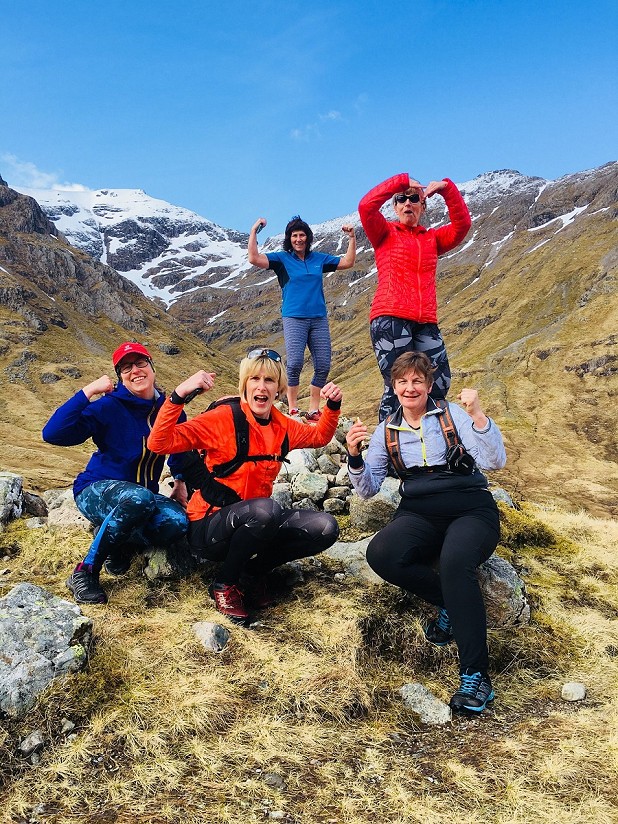
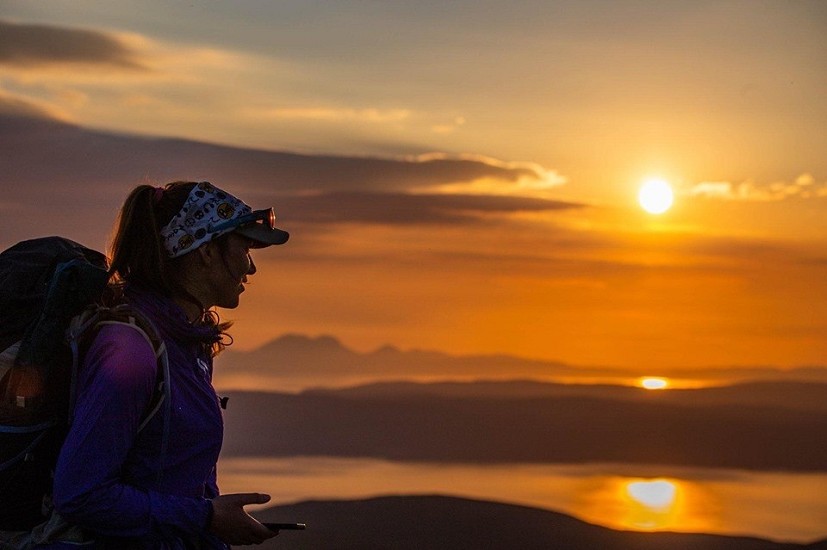
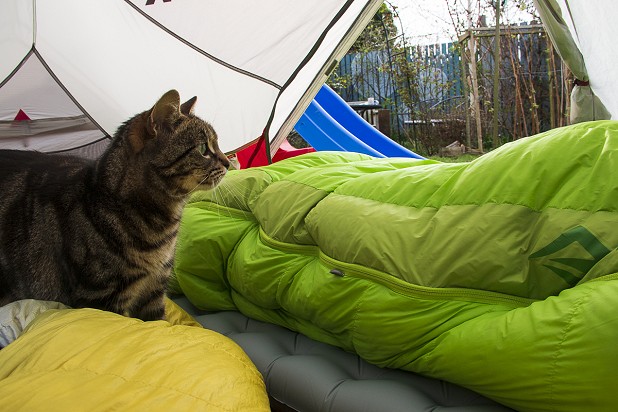
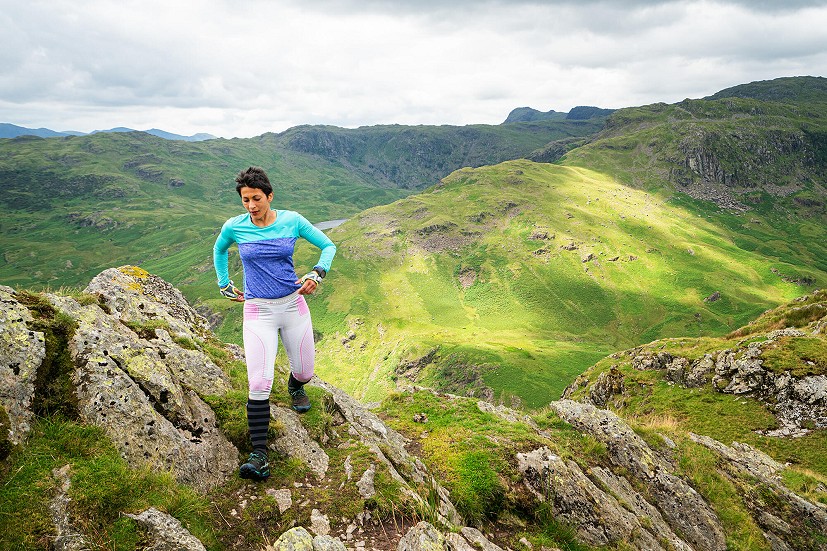
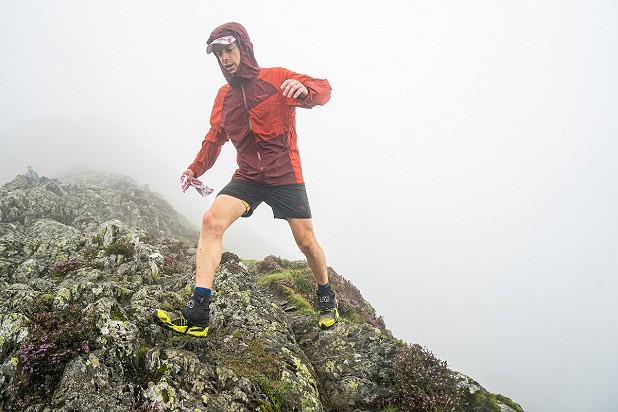
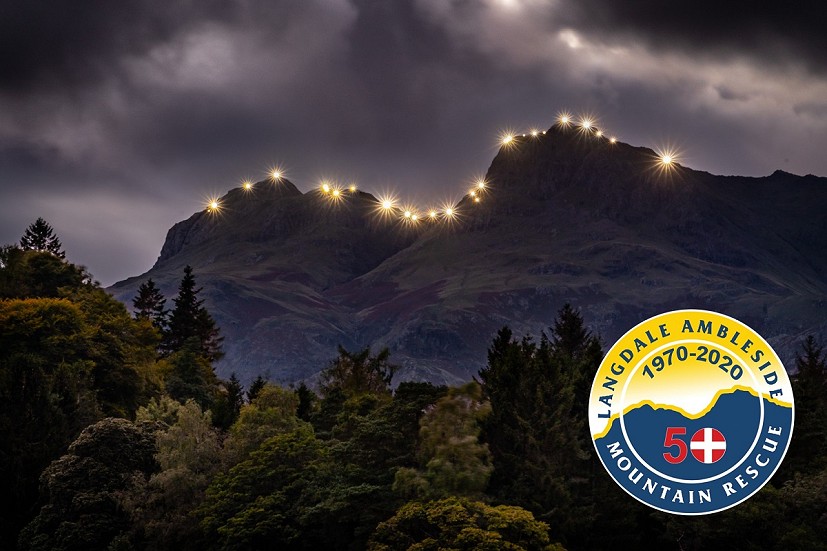
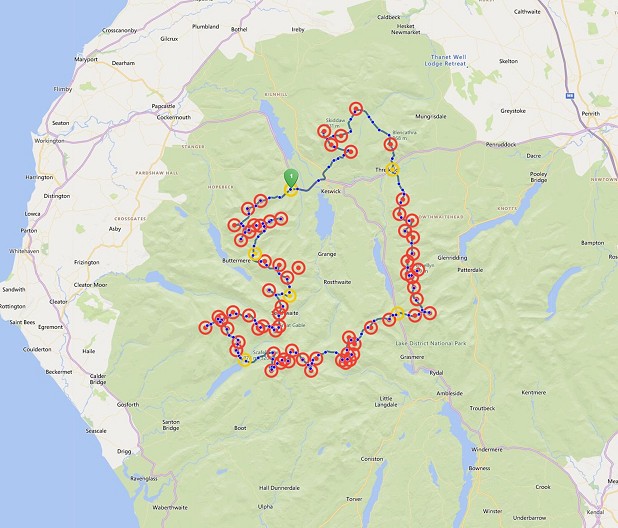
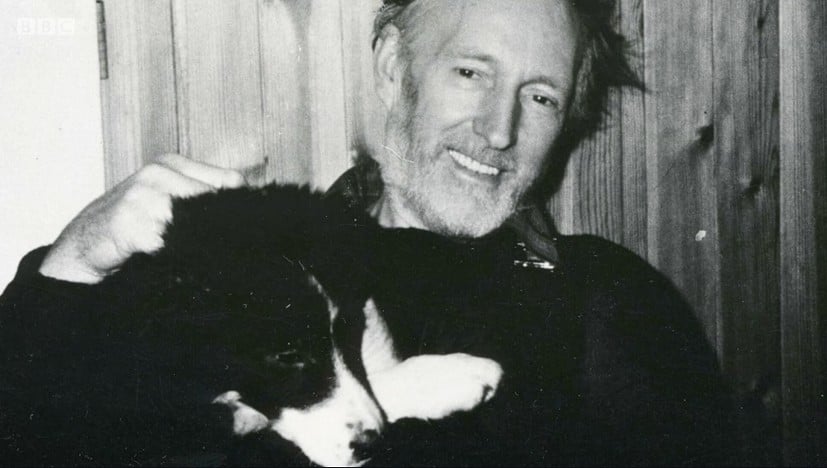
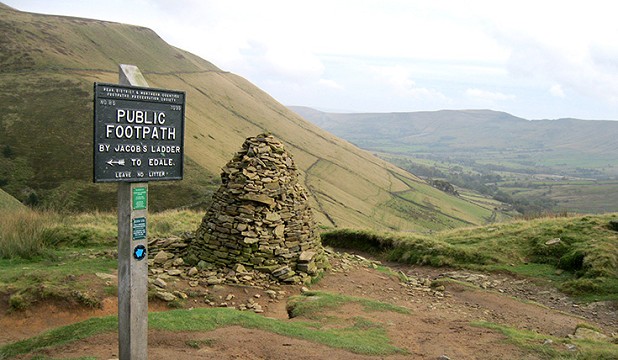
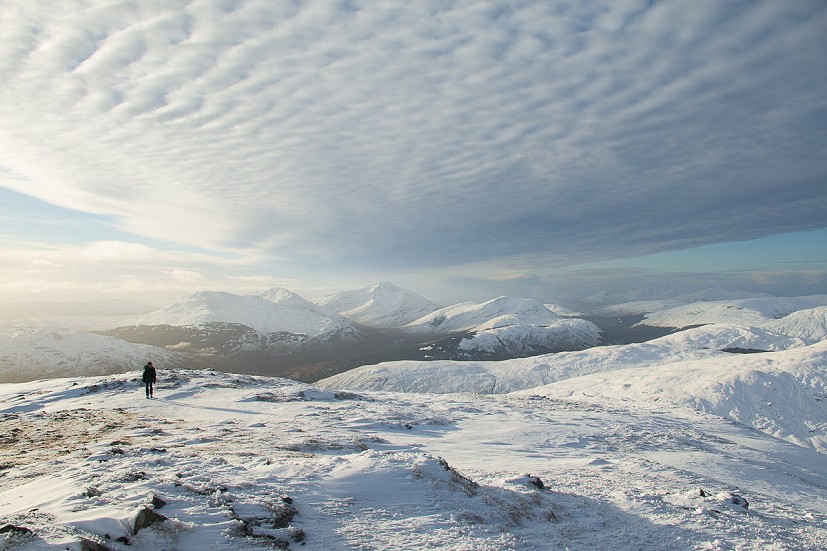



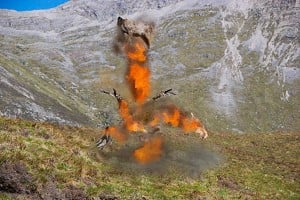
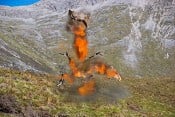
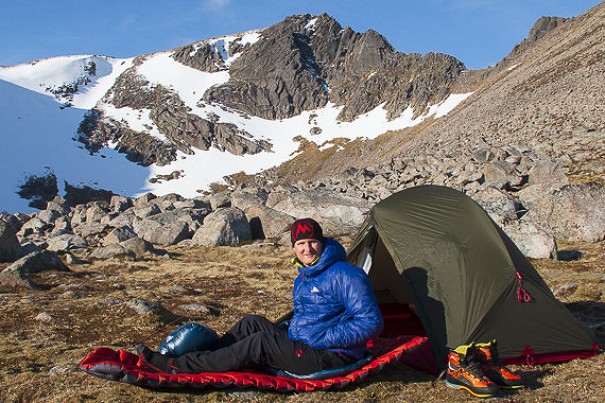


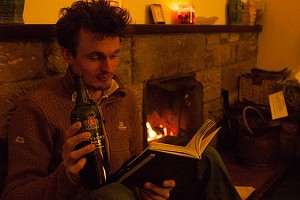
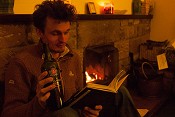
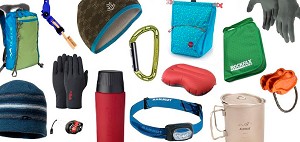

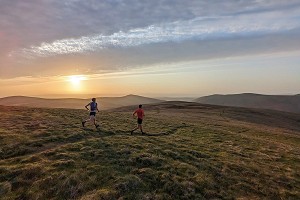
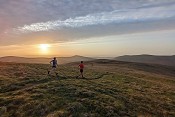
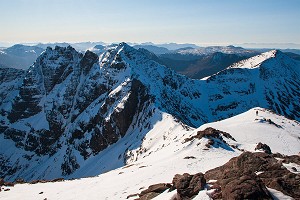
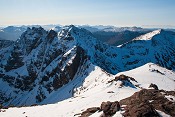
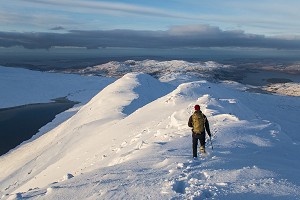
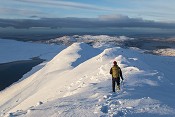
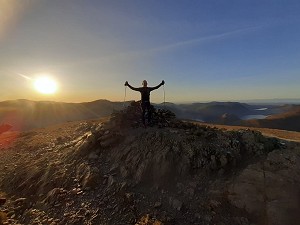
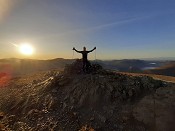
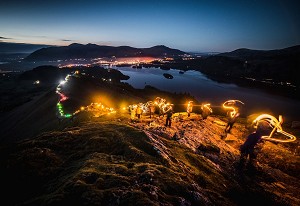
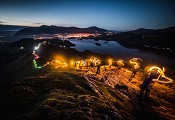
Comments
A huge amount of great records broken this year. Surprised to see the omission of Beth Pascall's women's BG record.